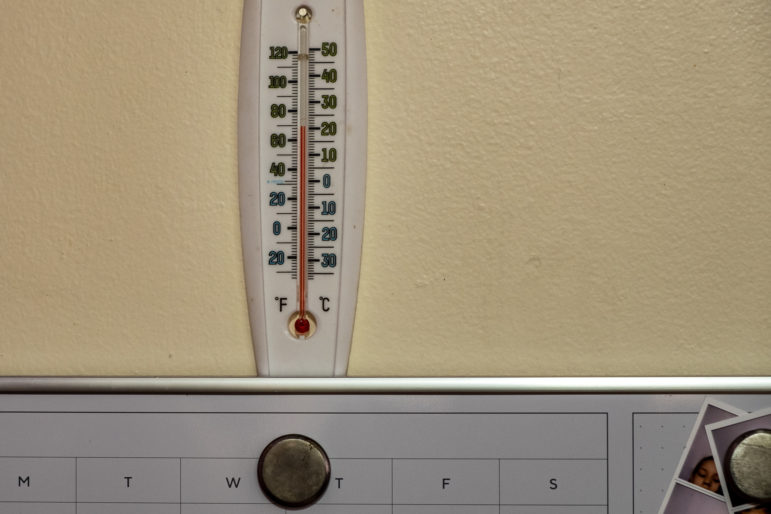The city program that allows low-income tenants to run their own apartment buildings needs a major overhaul, according to a soon-to-be-released report from City Comptroller Alan Hevesi.
An audit of the Tenant Interim Lease (TIL) program found that many of the buildings suffer from poor management and deteriorating conditions. Hevesi slammed the Department of Housing Preservation & Development (HPD) for pouring millions into TIL without adequate oversight or record-keeping.
“Simply stated, a large number of these buildings have not succeeded in any way, shape or form,” wrote Hevesi’s auditors. “Many of the buildings have…deteriorated and are probably in the same or worse condition than before they were renovated by HPD.”
“Should HPD spend millions of dollars on buildings and receive nothing in return?” the report’s authors asked.
Hevesi’s staff also notes that:
— Many of the buildings are financially unstable, and TIL tenants owe about $15.3 million in taxes. Hevesi claims that HPD overestimates the rent-roll income of many buildings–in some instances by four times the actual cash flow.
— Many former TIL buildings that currently operate as co-ops have fallen into disrepair under tenant ownership. A small survey of 19 TILs found six in poor condition with leaky roofs, cracked stairways, glass-strewn halls and faulty boilers.
HPD, in a written response, says that many of the problems stem from the poor quality of the buildings they inherit and the low income of TIL tenants.
“TIL has never been given the resources necessary to do the job everyone would have wanted,” said Ann Henderson, senior project director with Urban Homesteading Assistance Board, which teaches building management to TIL tenants. This year, the program’s budget was only $20 million, down 44 percent from three years ago. “But it is successful in terms of what has done: giving people greater pride and ownership of their buildings and their neighborhoods.”
The widely-duplicated TIL program grew out of the homesteaders’ movement of the 1970s and is one of few city programs to give tenants direct responsibility for their buildings. Under the program, tenants in city-owned buildings can eventually convert their buildings to co-ops, providing they have a strong tenant association and a healthy rent-roll. In addition, the city provides about $40,000 in rehab money for each apartment.








